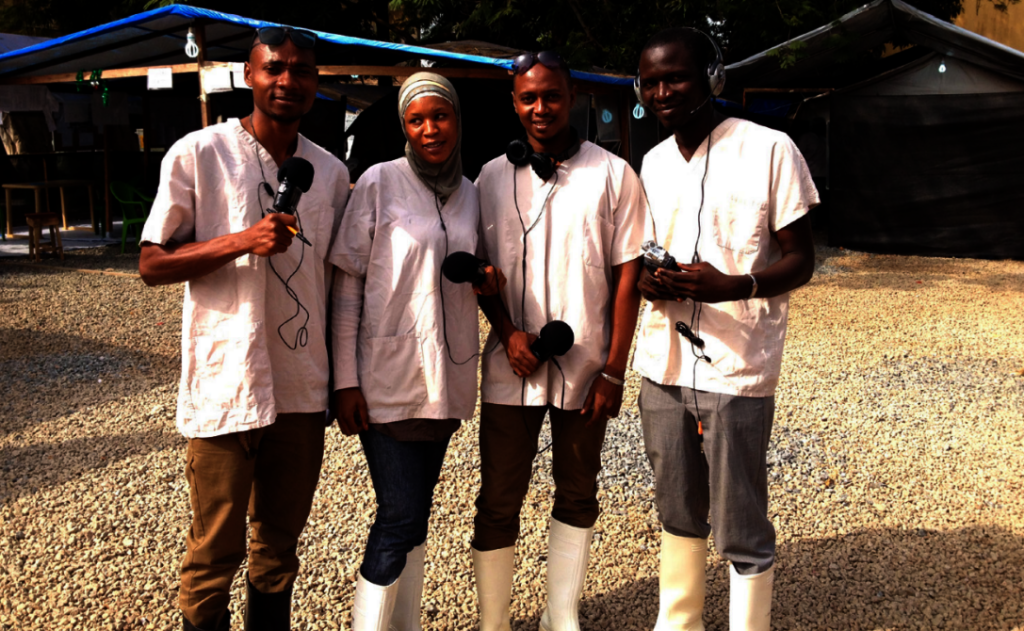By Lena Fultz | Sr Business Development Associate, Private Sector
As evidenced from the media frenzy around the COVID19 pandemic and subsequent health emergencies, journalists carry a great responsibility when covering health topics that have the potential to improve and save human lives. But a journalist’s job is becoming increasingly more difficult—how can journalists themselves navigate rumors and fake news about vaccines and other evidence-based health interventions in a digital age, when information spreads rapidly and impacts the decisions people make about their lives?
This is the question at the top of our minds. If journalists are unable to tell the difference between fake news, misinformation, disinformation, and factual or reliable news, it’s unlikely their audiences will be able to.
Just this month, we’ve published two new resources for journalists:
Since our last update, we’vealso hosted a number of events for journalists:
We remain committed to building health reporting capacity worldwide, with an eye for marginalized and vulnerable communities who are disproportionately affected by issues involving the intersection of health and climate emergencies.
Your generous support is enabling us in this important work. If you have any questions or would like to know more about our COVID response work, please do not hesitate to reach out.
By Lena Fultz | Sr Business Development Associate, Private Sector
By Lena Fultz | Sr Business Development Associate, Private Sector
Project reports on GlobalGiving are posted directly to globalgiving.org by Project Leaders as they are completed, generally every 3-4 months. To protect the integrity of these documents, GlobalGiving does not alter them; therefore you may find some language or formatting issues.
If you donate to this project or have donated to this project, you can receive an email when this project posts a report. You can also subscribe for reports without donating.
